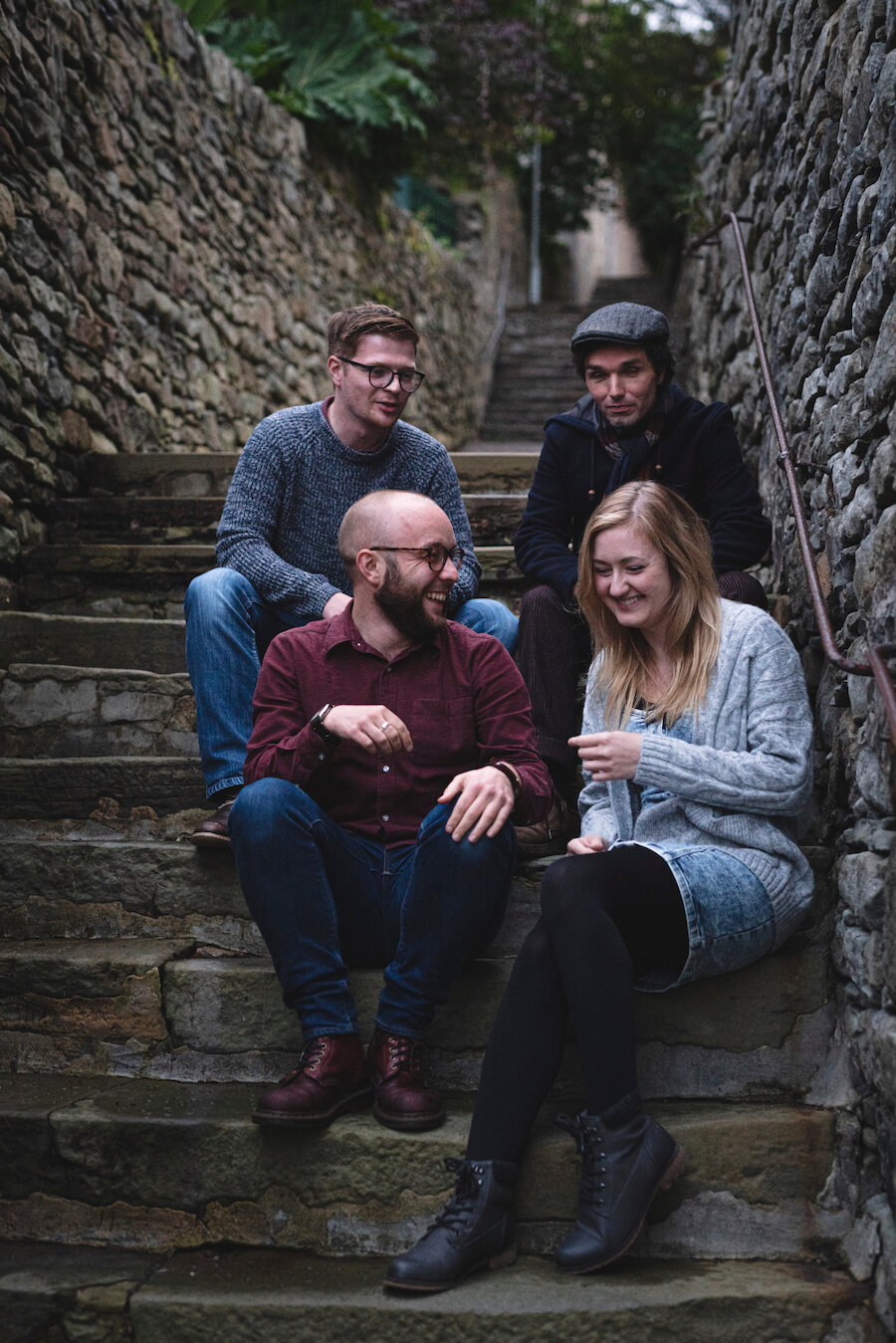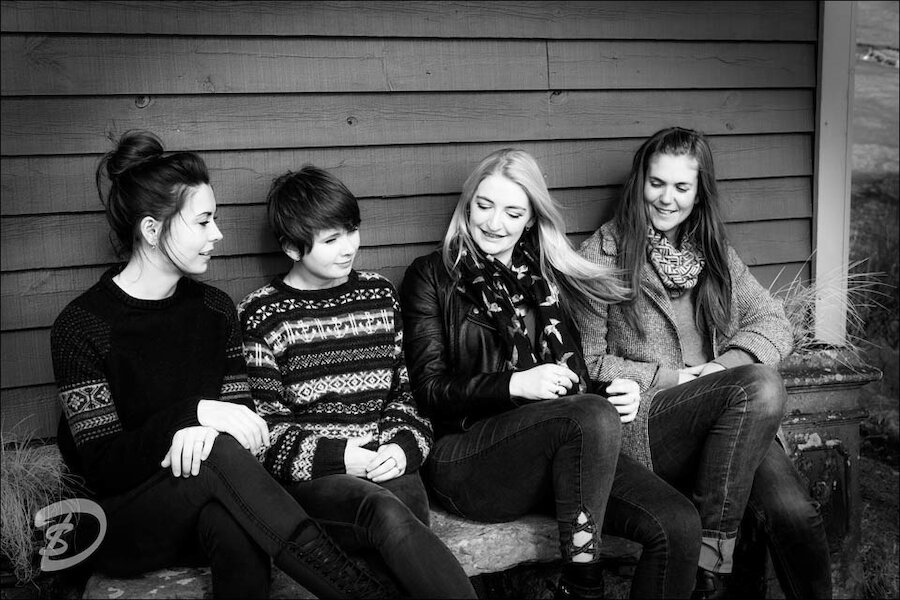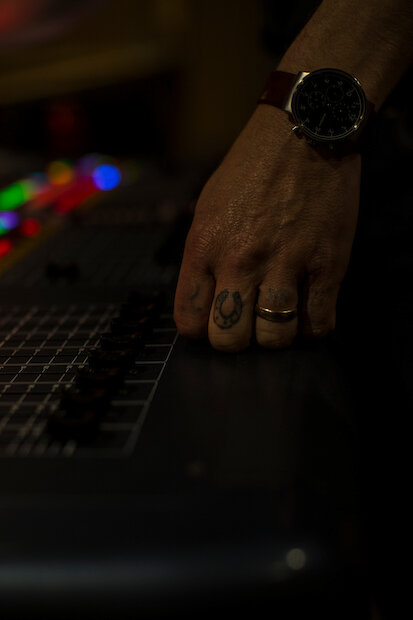Singer-songwriter Adam Guest remembers the moment he realised he was going to be just fine in Shetland. It was six in the morning, barely a week after he’d arrived from Barnsley in 2013 to work as a journalist at The Shetland Times. He’d gone to review a concert at Mareel, Lerwick’s arts centre, taking a guitar along to play a tune afterwards. He eventually ended up on a battered sofa in a Lerwick grass-cutting shed, drunk and singing Joni Mitchell and Paul Simon songs with some of the islands’ best fiddle players, guitarists and folk singers.
“There were all these really good quality musicians, but no egos, and everyone was so welcoming and encouraging,” says Adam, in his gentle Yorkshire burr. “There was just a warmth to people, and so much laughter. I remember stumbling home on this cold evening, feeling inspired and thinking: I think I'll be alright here.”
I remember stumbling home on this cold evening, feeling inspired and thinking: I think I'll be alright here.
Today, Adam’s evocative, story-driven folk songs – which deal with everything from the Shetland elements to Yorkshire mining disasters – are part of the soundscape of the islands. Shetland’s music is more diverse than many outsiders might imagine, encompassing everything from groove metal to jazz, classical, rockabilly, funk, prog-rock and even Balkan klezmer. Anyone who’s spent any time here will likely have experienced a gathering in a pub, living room or village hall swiftly morphing into an impromptu gig. During the Shetland Folk Festival, the highlight of the musical calendar in late spring, ferry rides often double as raucous concerts. Visiting musicians are frequently amazed at how many locals can pick up an instrument and jam.
A lot of this musicality stems from a long oral history of folk music, when fiddles would replicate wild seas on whaling voyages, or the shock of happening upon a trow, the islands’ answer to elves. It’s a tradition that was codified by Dr Tom Anderson in the early 20th-century, an insurance salesman who got to know old Shetland tunes by driving to clients across the islands, bringing his own fiddle to gently tease local fishermen and crofters out of what was often a natural reticence. At the end of World War II, he made it his mission to record as many of these hitherto undocumented tunes as he could. After founding the Shetland Fiddle Society, he campaigned to have fiddle taught as part of the curriculum in Shetland schools. One of his very first pupils in 1970 was Aly Bain, a Lerwick boy who would go on to become one of the world’s most famous fiddlers, with an MBE just like his first teacher.














